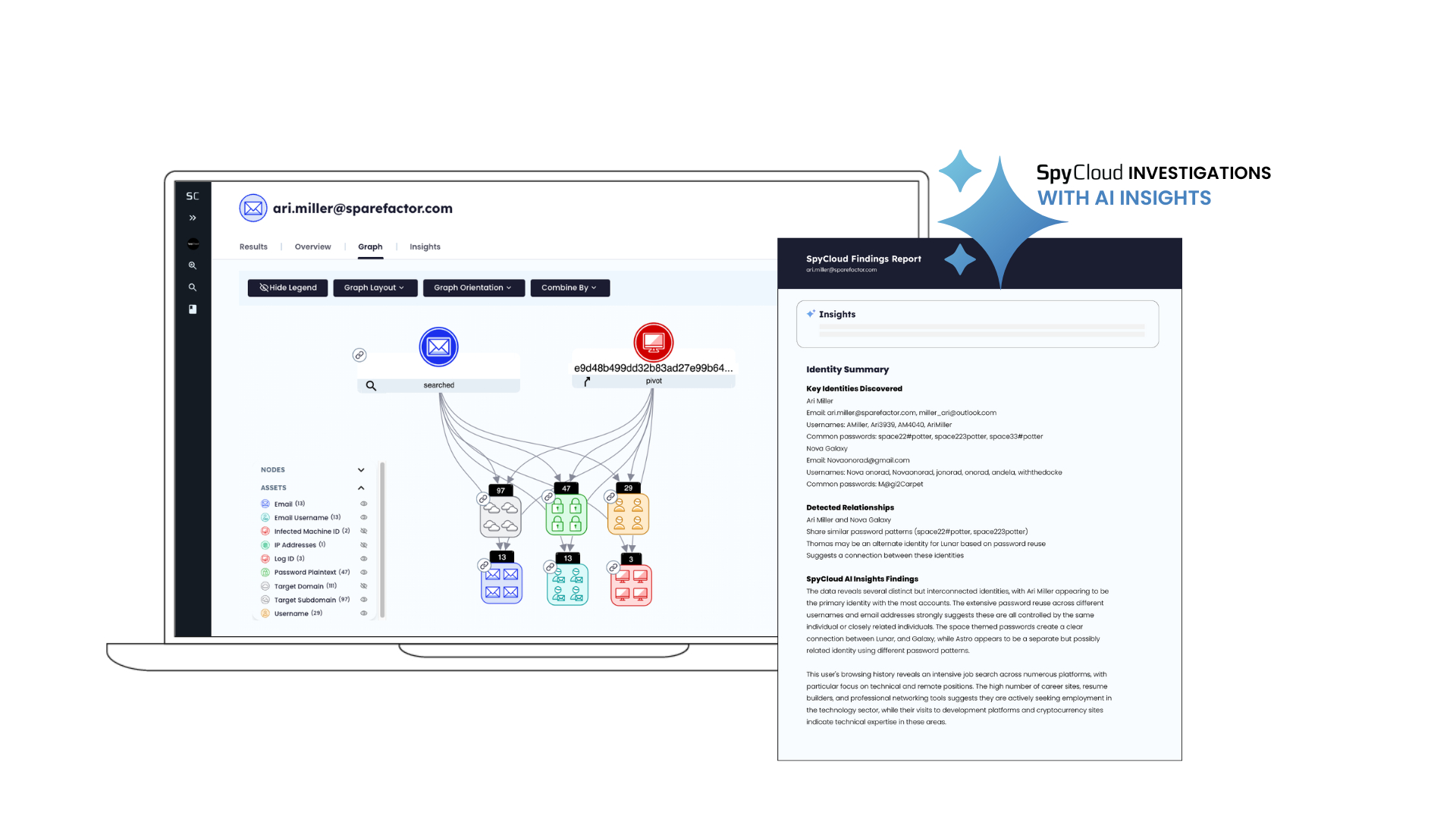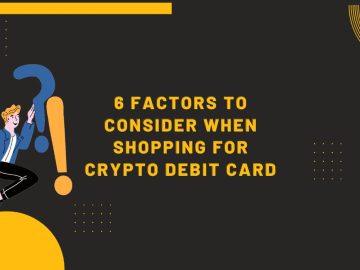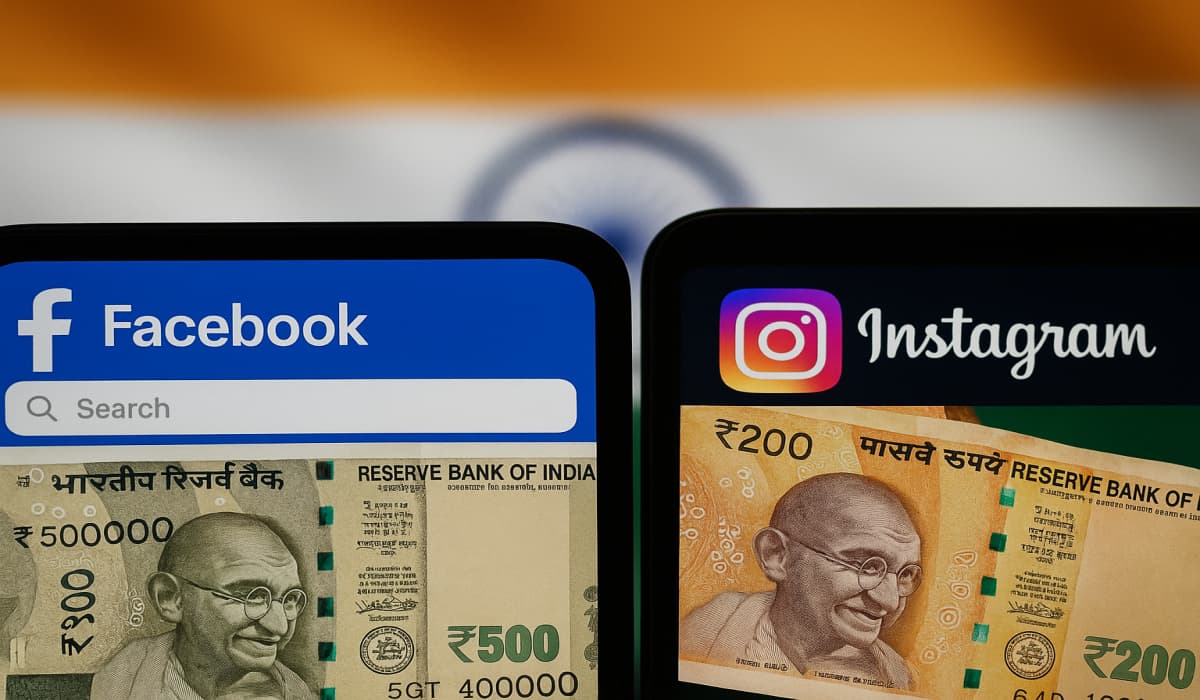Social media is where we connect, share, and sometimes overshare. It’s a space to celebrate birthdays, post selfies, or argue about whether pineapple belongs on pizza (it does, by the way). But while we’re busy scrolling and double-tapping, it’s easy to forget that social media can also be a minefield for privacy and security risks.
With so many apps and services available, it can be tough to know which ones are worth your time. Here’s a breakdown of some of the most effective tools to enhance your social media safety, including apps and services tailored to specific needs.
Twitter Viewer Apps
Twitter (now X) viewer apps are third-party tools that help you track your activity, analyze engagement, and monitor mentions. If you’re looking to keep an eye on Twitter activity—whether it’s for your account, parental monitoring, or just to make sure everything’s on the up and up—some tools can help.
Twitter viewer apps can track down social media profiles connected to a person. This is super helpful if you’re trying to figure out if a profile is fake or just want to do a little online sleuthing. Ademilade Shodipe-Dosunmu from Techopedia says the best Twitter viewer apps in 2024 should be compatible with both iOS and Android devices, prioritize security, and be user-friendly.
Privacy Checkup Tools
Most major platforms have built-in privacy checkup tools that make it easy to review and update your privacy settings.
- Facebook Privacy Checkup: This tool walks you through settings for posts, profile details, app permissions, and more.
- Google Privacy Checkup: Perfect for reviewing privacy settings for YouTube, Google Photos, and connected apps.
- Instagram Privacy Settings: Found under Settings > Privacy, this section lets you control who sees your content, tags you, or sends direct messages.
Regularly revisiting these tools ensures your account stays secure, especially when platforms roll out new features or privacy policies.
Social Media Monitoring Tools
If you’re serious about tracking your online presence, social media monitoring tools are invaluable. These tools scan platforms for mentions of your name, brand, or specific keywords, helping you spot fake accounts, leaks, or negative content.
- Mention and Brand24: Great for keeping tabs on mentions of your name or brand.
- Hootsuite and Sprout Social: These tools combine monitoring with post-scheduling, making them ideal for managing your accounts professionally.
- Google Alerts: Set up alerts for your name or other identifiers to stay informed about where you’re being mentioned online.
Digital Footprint Scanners
Your digital footprint includes everything about you that’s publicly accessible online. From old social media accounts to forgotten forum posts, these breadcrumbs can reveal more than you’d like. Digital footprint scanners help identify and clean up these traces.
- Mine: This tool shows which companies and platforms have your data and helps you request its removal.
- BrandYourself: Ideal for individuals looking to improve their online reputation, this tool scans for public mentions of your name and offers suggestions to optimize your footprint.
- DeleteMe: Helps remove your personal information from data brokers and people-search websites.
Lock Down Your Privacy Settings
Privacy settings are your first line of defence against unwanted snoopers. Most social media platforms let you control who sees your posts, what information is visible on your profile, and who can tag you. But let’s be honest—how many of us have checked these settings?
On Instagram, switch to a private account if you want to approve followers before they can see your posts. You can also limit who can message you or tag you in photos. On Facebook, head to the “Privacy Checkup” tool. It walks you through everything, from post visibility to who can find you using your email or phone number.
On Twitter, make your account private if you don’t want strangers replying to your tweets. Only approved followers will see your posts. On TikTok, set your account to private in the settings, so only approved followers can watch your videos.
Think Before You Post
This one’s a classic but so important: don’t overshare. Posting about your exact location, showing off expensive purchases, or spilling too much personal info can make you a target for scammers, thieves, or stalkers.
Delay location tags. If you’re posting about your vacation, wait until you’re back home. No need to let everyone know your house is empty. Skip the personal details. Your birthdate, address, or phone number shouldn’t be public.
Scammers can use this info for identity theft. Be cautious with kids’ photos. If you’re sharing pictures of your kids, avoid posting school names, uniforms, or anything that reveals their location. If you wouldn’t want it shouted from a rooftop, think twice about sharing it online.
Watch Out for Scams
Social media is a playground for scammers. Fake giveaways, phishing links, or “urgent” messages from what looks like a trusted company—these are all common traps.
If something seems too good to be true, it probably is. “Win a free iPhone!” or “Click here for a $500 gift card” are almost always scams. Double-check links by hovering over them before clicking. If the URL looks suspicious or doesn’t match the supposed source, don’t click it. Beware of fake accounts. Scammers often create fake profiles that look like real people or companies. Verify their authenticity before engaging. When in doubt, ignore or report the suspicious activity. Better safe than sorry!
Limit Third-Party Apps and Permissions
Ever taken one of those fun “What’s your spirit animal?” quizzes or used an app to find your Instagram top nine? While they’re entertaining, they often ask for access to your account info—and not all of them are trustworthy. Take a few minutes to review which apps and services you’ve connected to your social media accounts.
On Facebook, for example, go to the “Apps and Websites” section in your settings and remove anything you don’t recognize or no longer use. Keep it clean and minimize potential vulnerabilities.
Be Mindful of Your Friends List
It’s tempting to accept every friend request or follow back everyone who follows you, but not everyone has good intentions. Do a little social media “spring cleaning” every now and then. Unfriend or unfollow accounts you don’t recognize. Avoid adding people you don’t know IRL. Watch out for accounts with no profile picture, minimal activity, or lots of generic comments—they’re likely bots or fake profiles.
Monitor Your Accounts Regularly
Even with all these precautions, it’s important to keep an eye on your accounts for any suspicious activity. Check your login history (most platforms show recent logins) and look out for things like messages you didn’t send, posts or comments you didn’t make, and changes to your profile info. If something seems off, change your password immediately and report the issue to the platform.
Know How to Report and Block
Don’t hesitate to use the report and block features on social media. If someone’s harassing you, sending spam, or acting shady, block them. You can also report problematic accounts or content. Whether it’s hate speech, fake news, or inappropriate behaviour, your report helps platforms identify and remove harmful users.
Educate Yourself and Your Circle
The more you know about social media safety, the better protected you’ll be—and the same goes for your friends and family. Share tips with your loved ones, especially if they’re not tech-savvy. Teaching someone how to set up 2FA or spot a phishing scam could save them from a lot of trouble.
RELATED TOPICS
- Best SEO Experts to Follow on Twitter (X) in 2025
- 4 Benefits of Having a Social Media Marketing Strategy
- Snapchat Safety for Parents: How to Safeguard Your Child
- Your Guide To Navigating Mastodon, an Alternative to Twitter
- Half of Online Child Grooming Cases Now Happen on Snapchat
- How businesses should deal with negative feedback on social media




